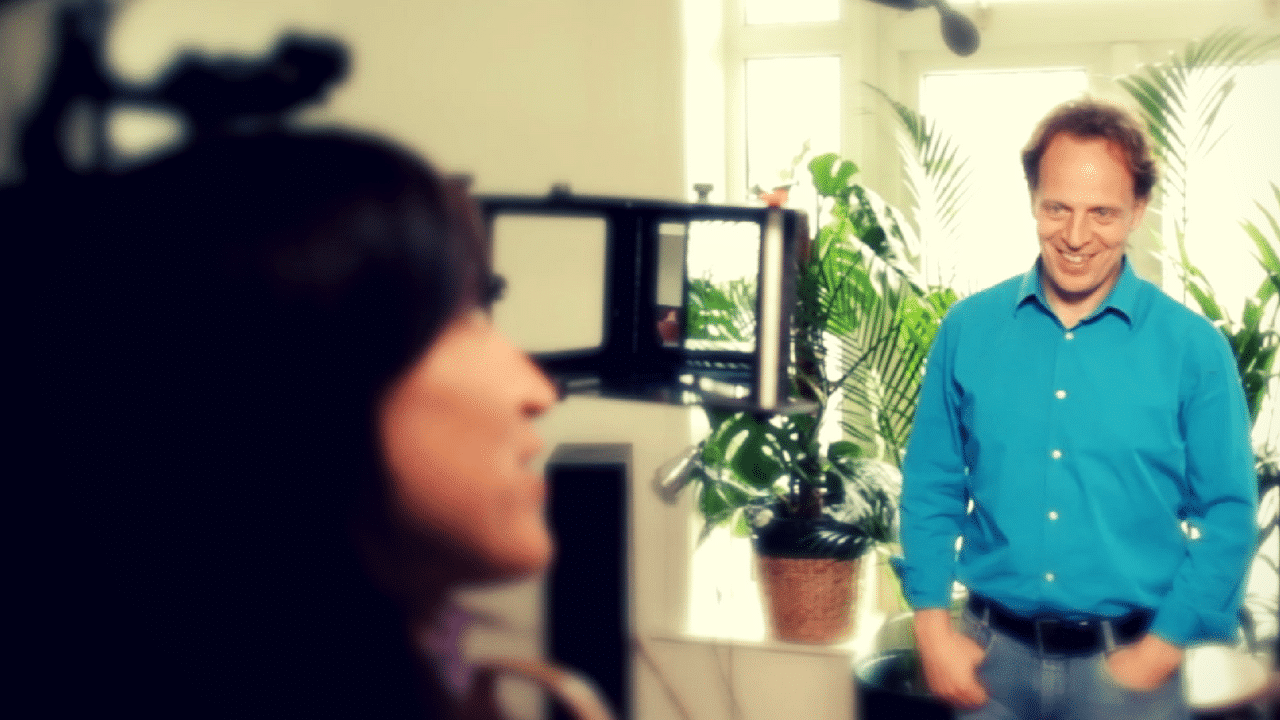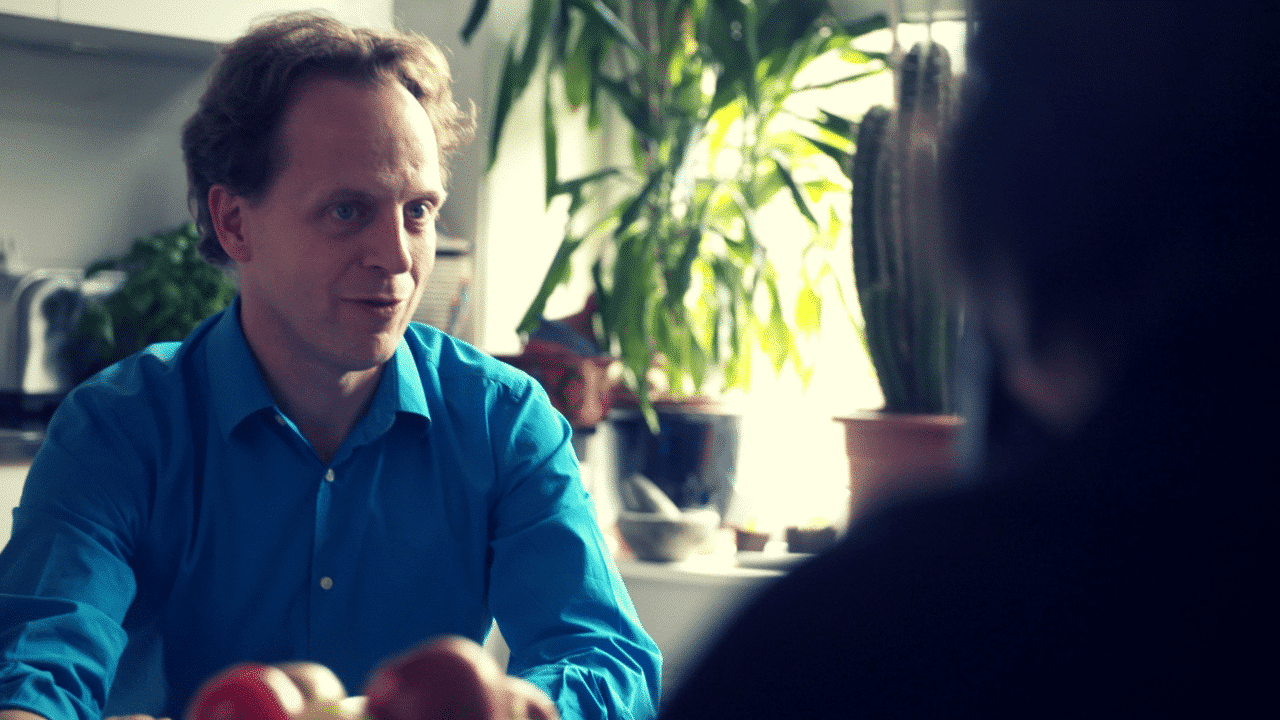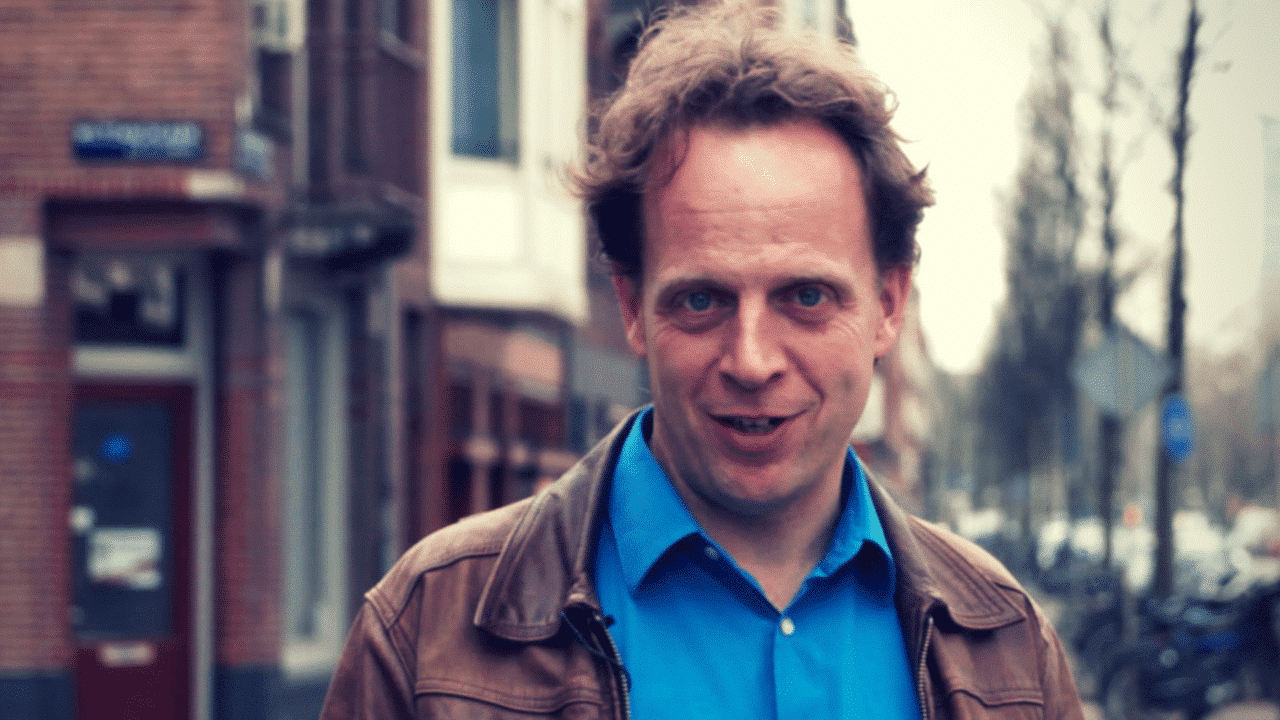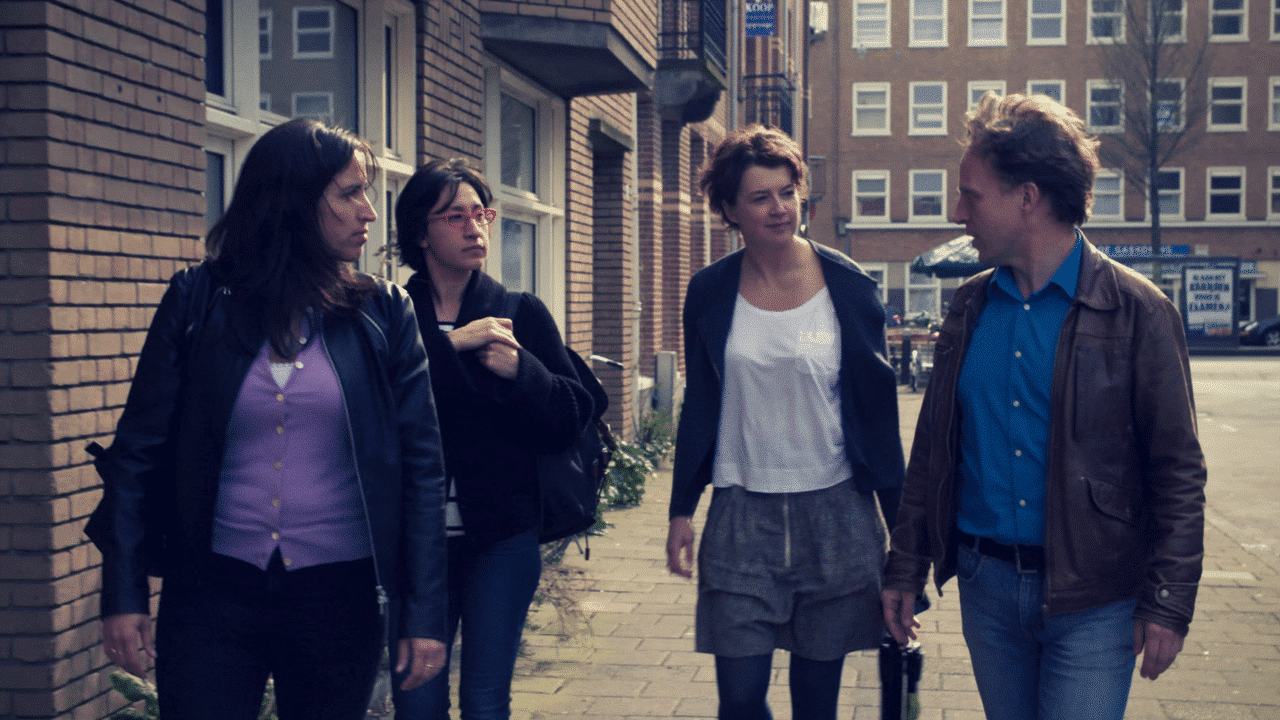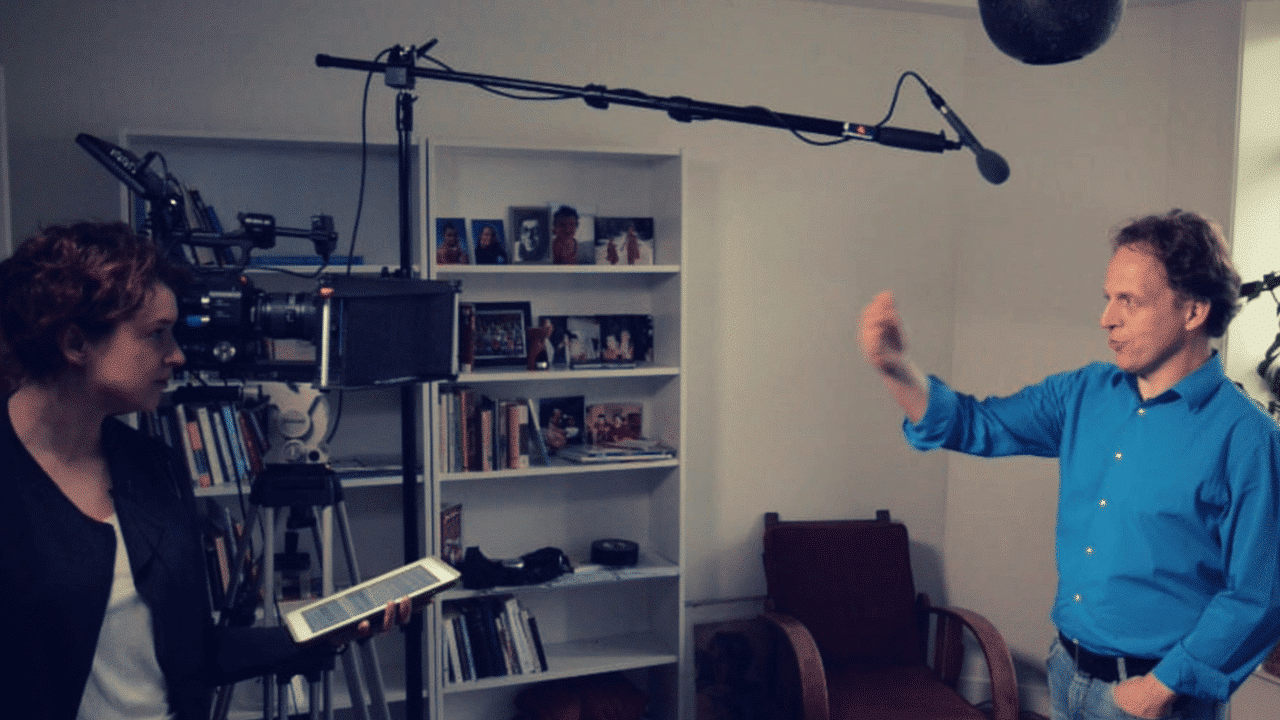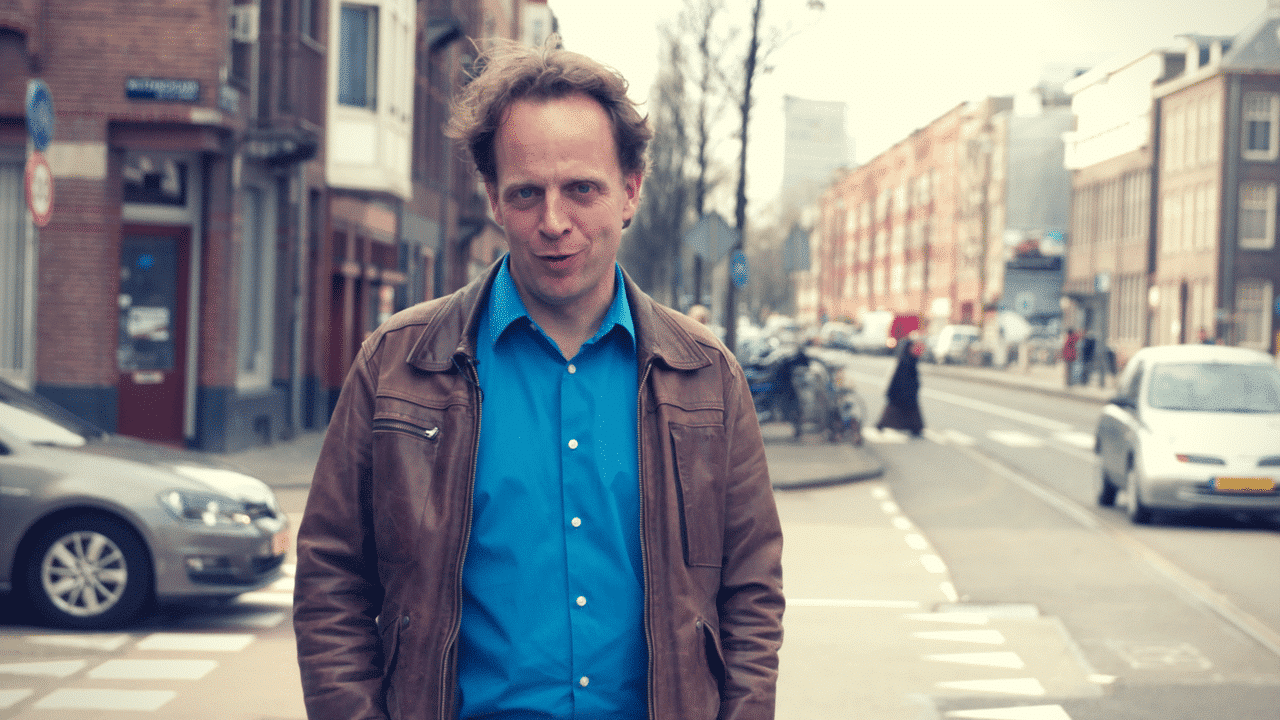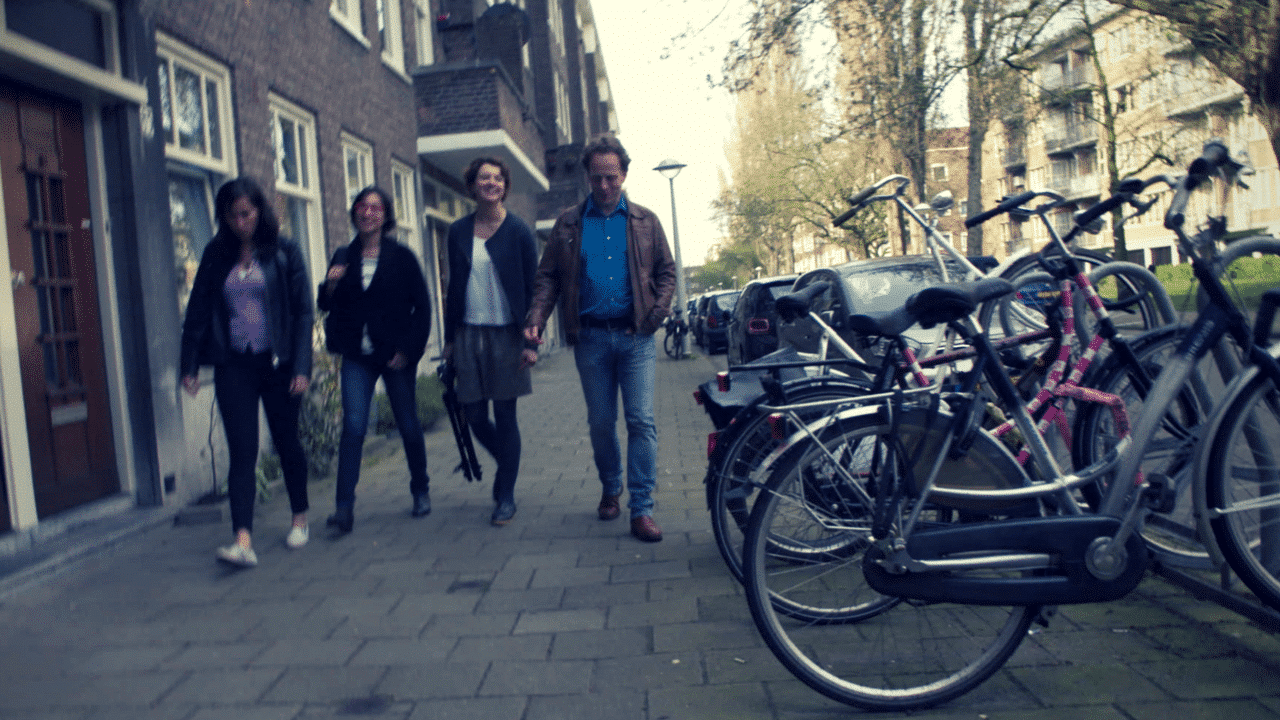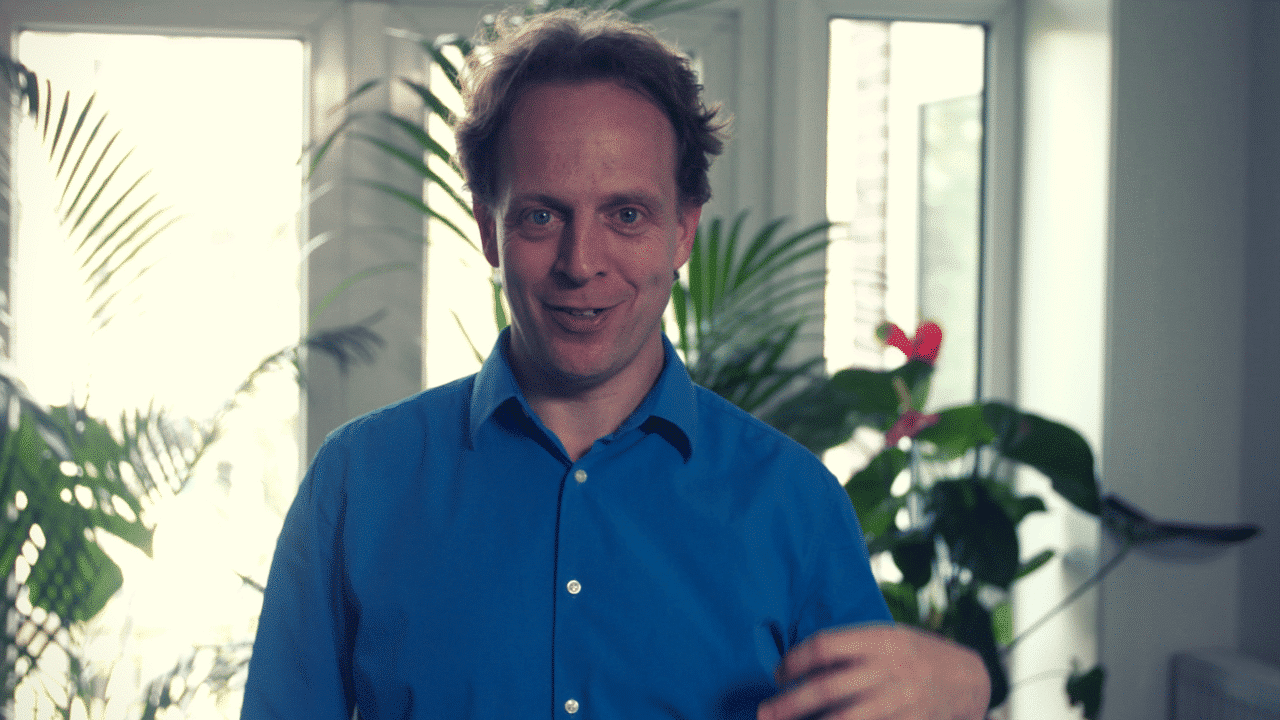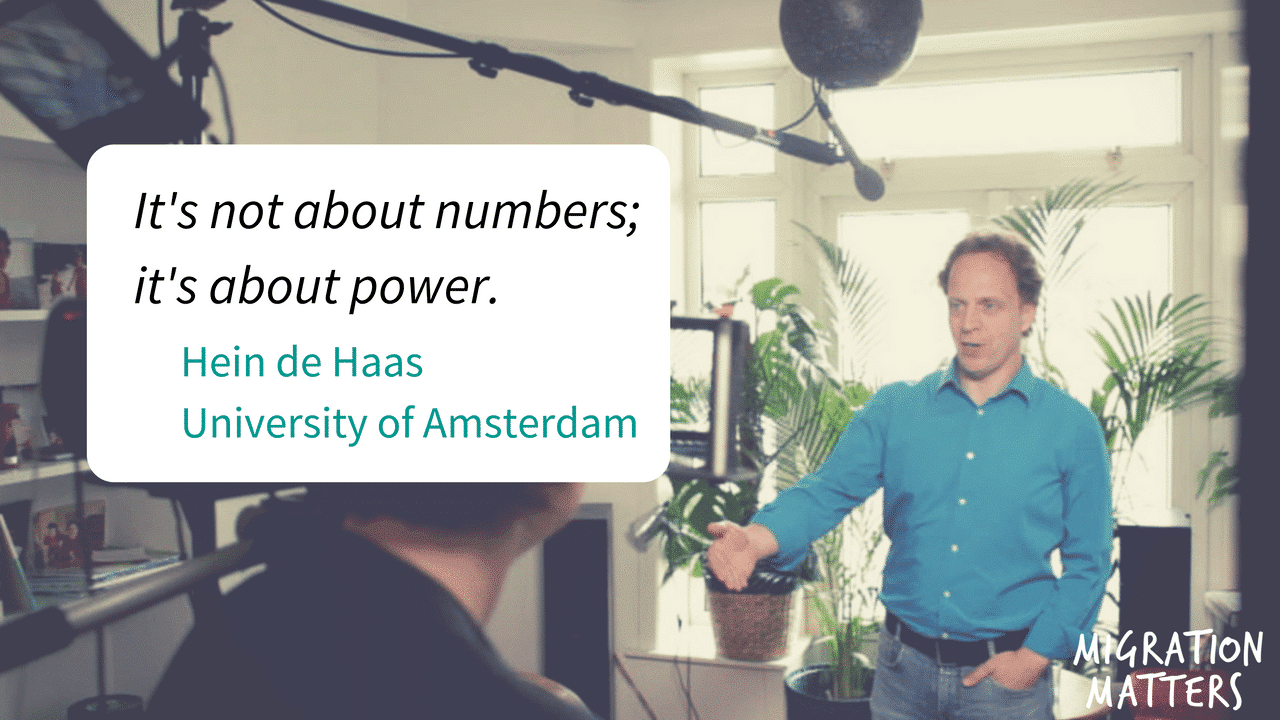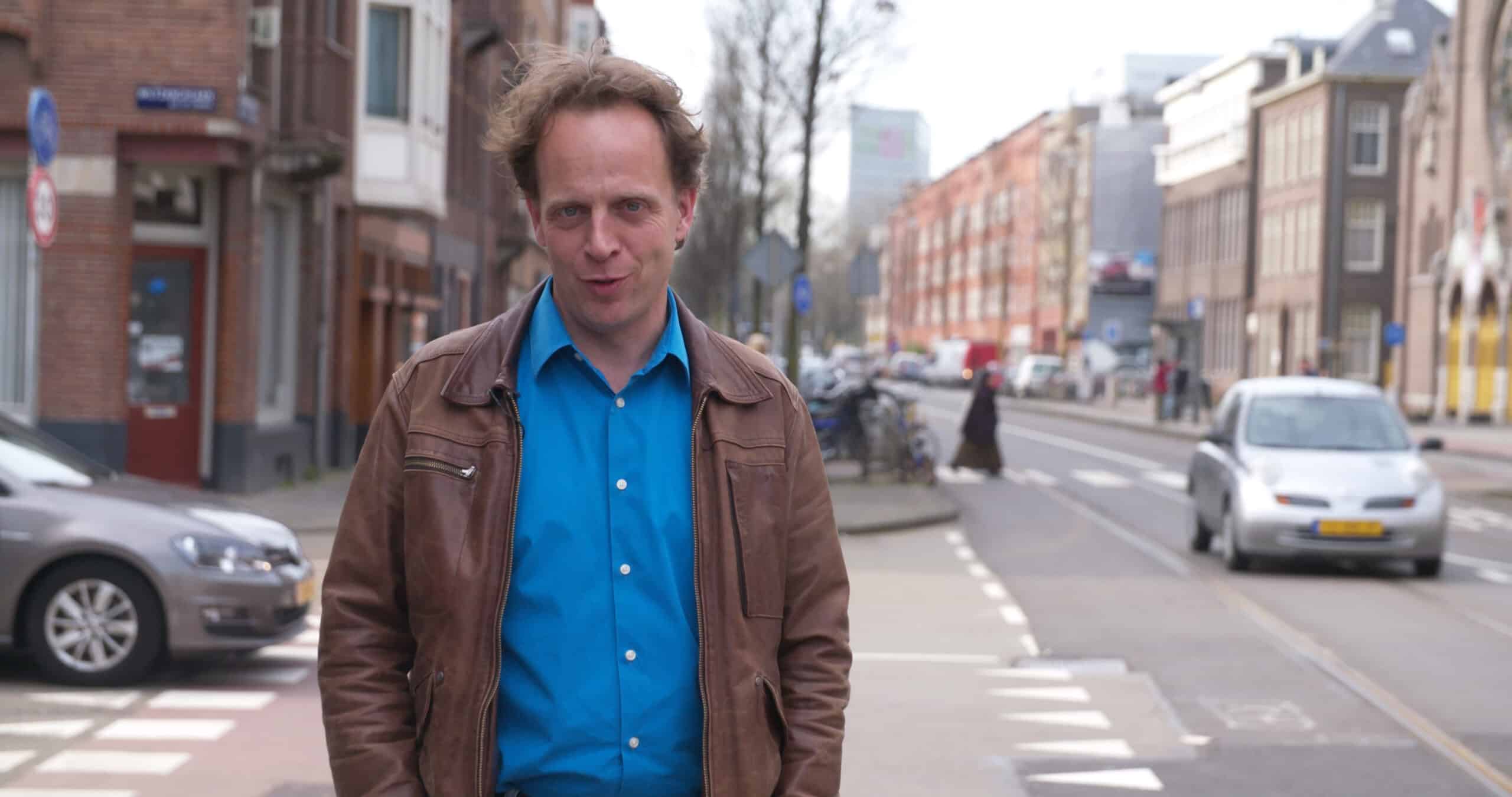Are we living in a time of unprecedented migration?
More people than ever before are on the move, right? Not exactly. More people may be moving, but there are also more people in the world.
In this episode of Migration 101, a course on the drivers and impacts of migration with Professor of Sociology Hein de Haas, one of the world’s leading migration researchers, we take a closer look at the history of migration and what this means for the future.
